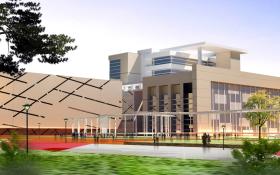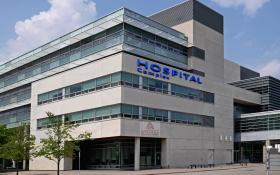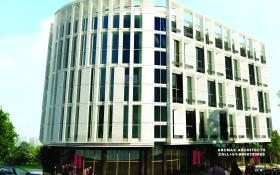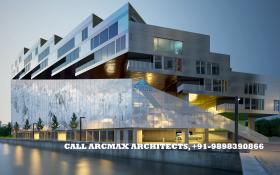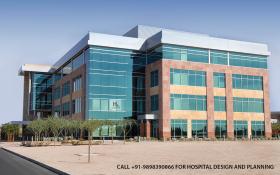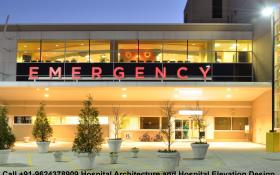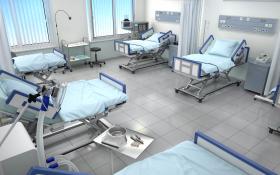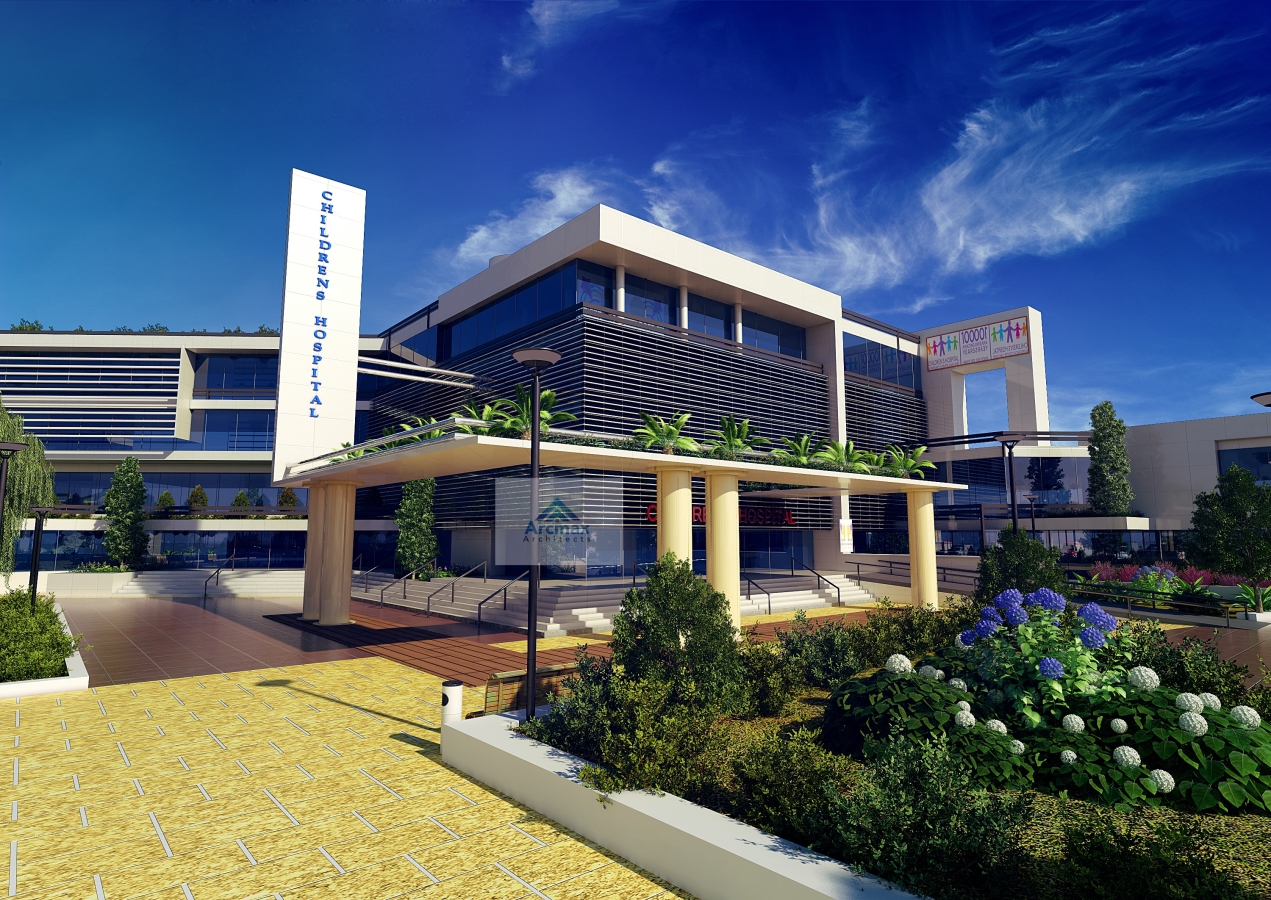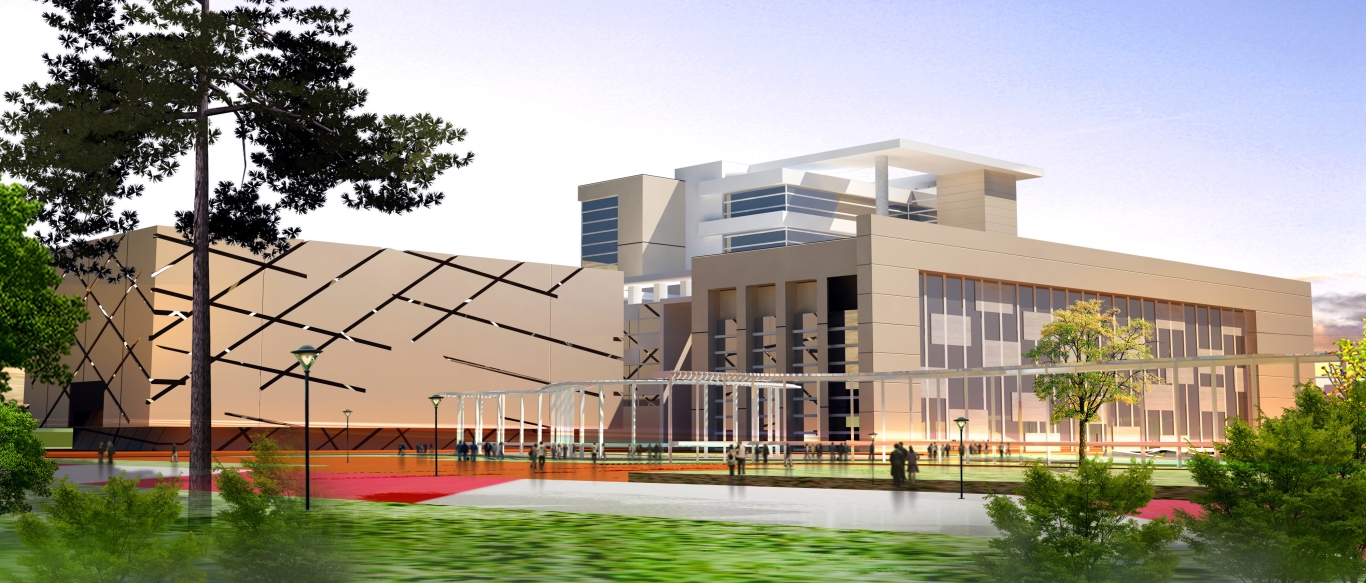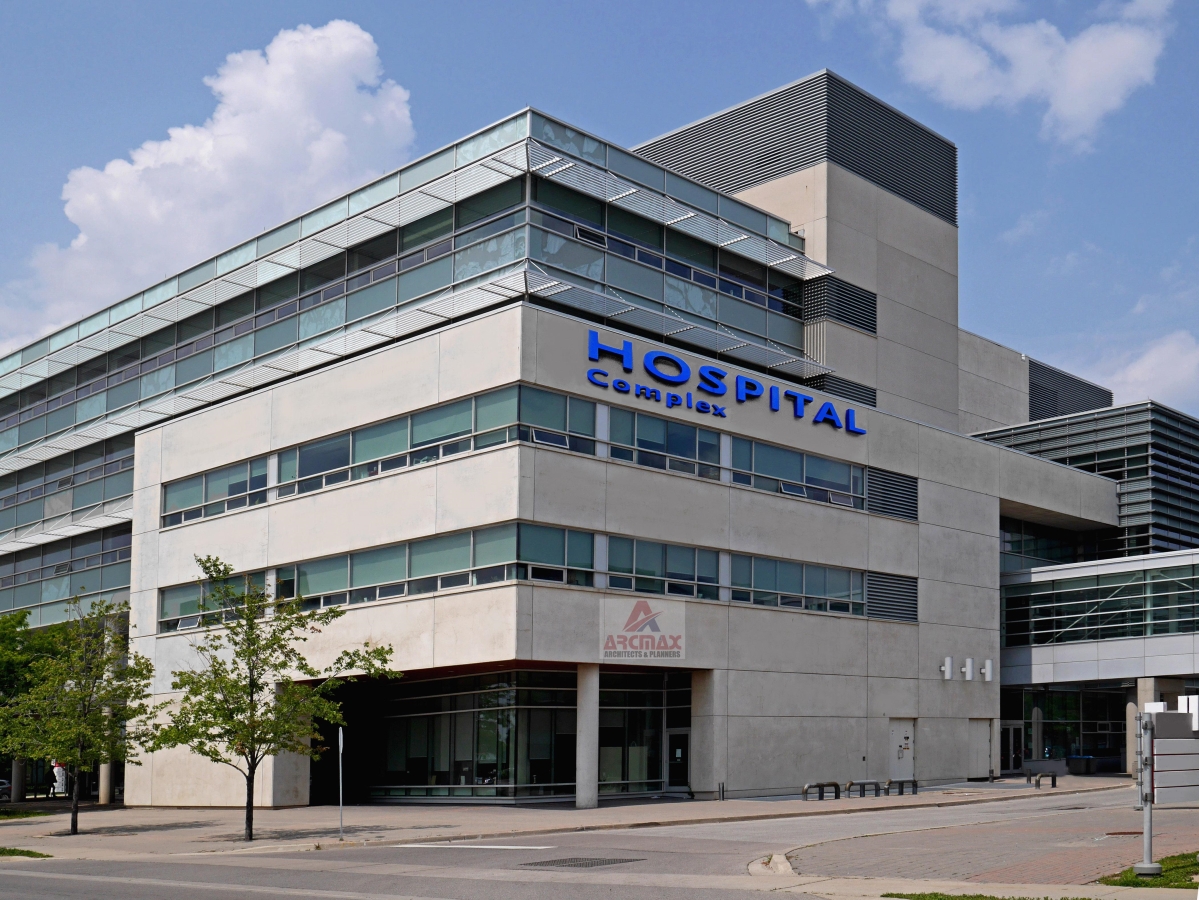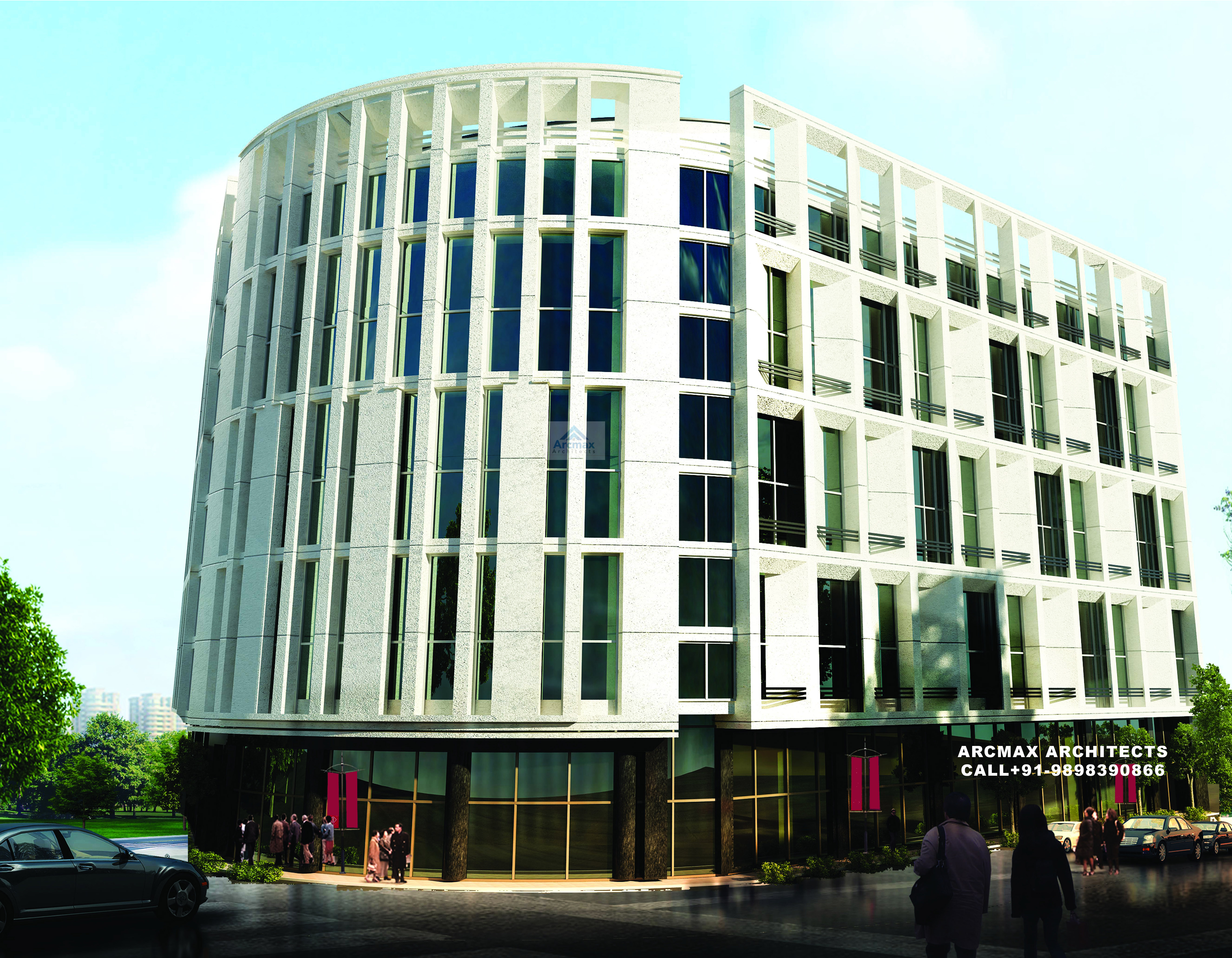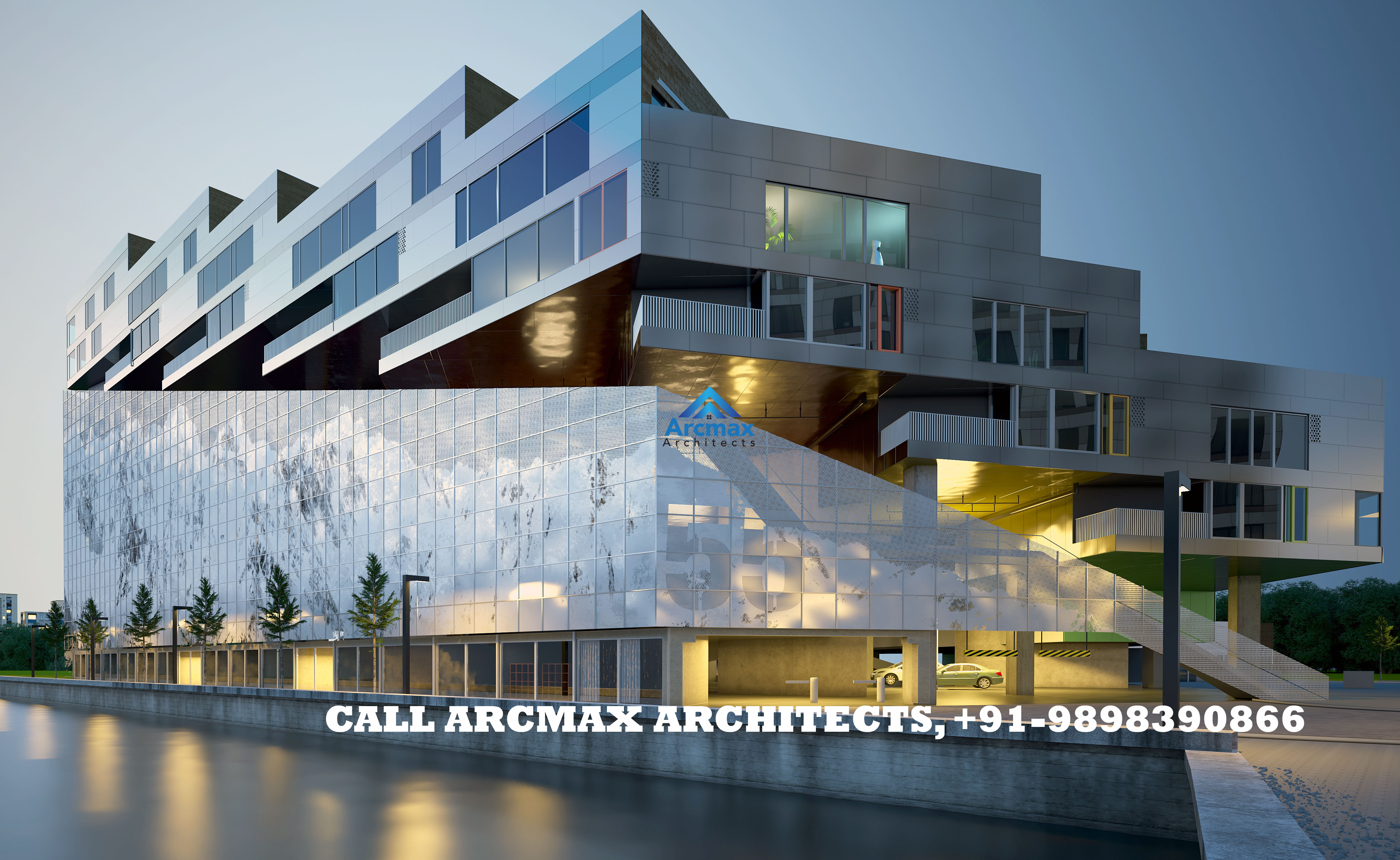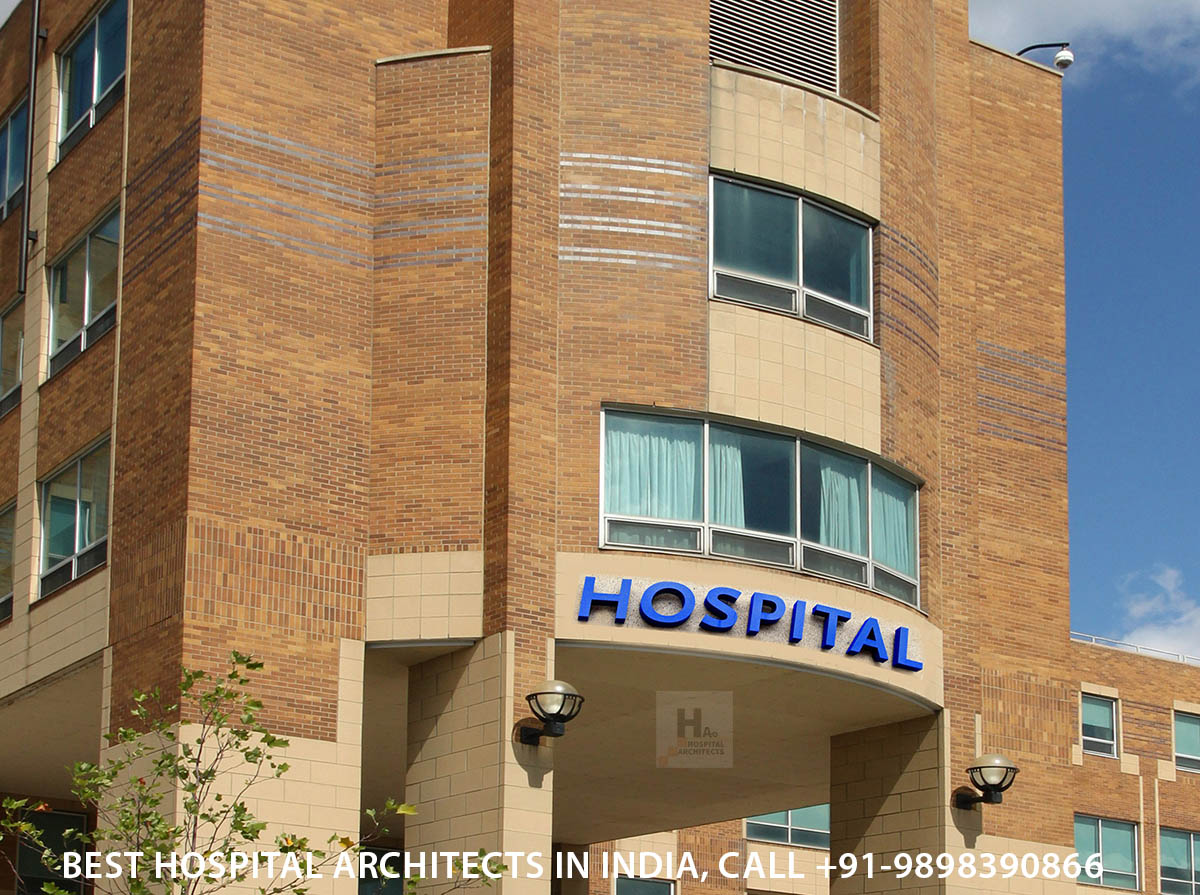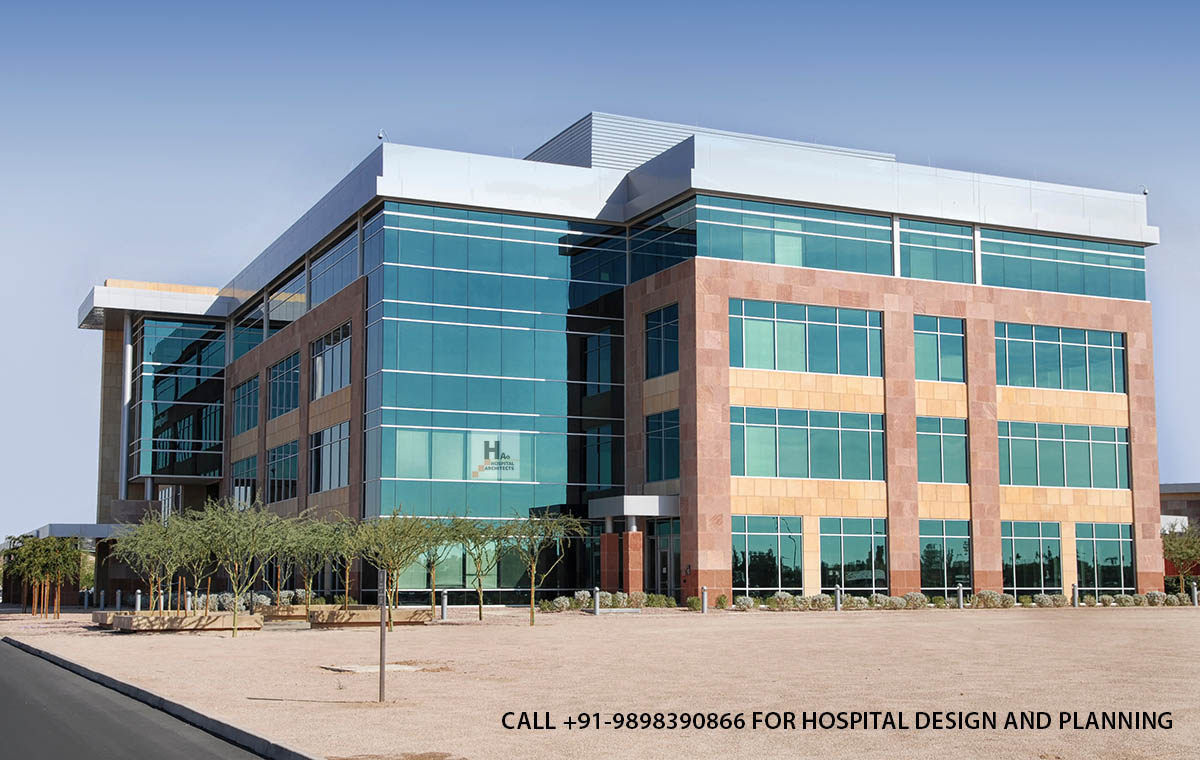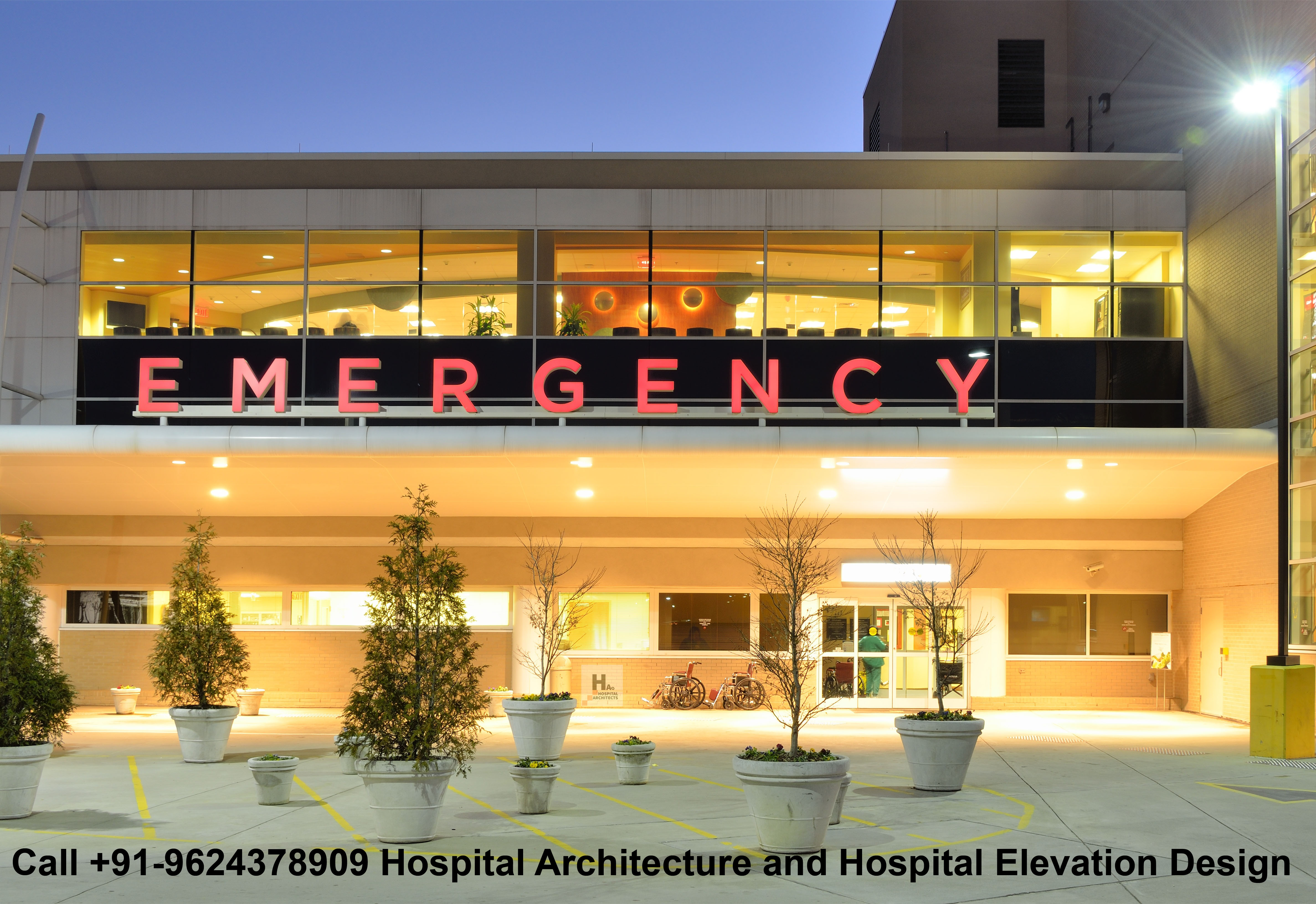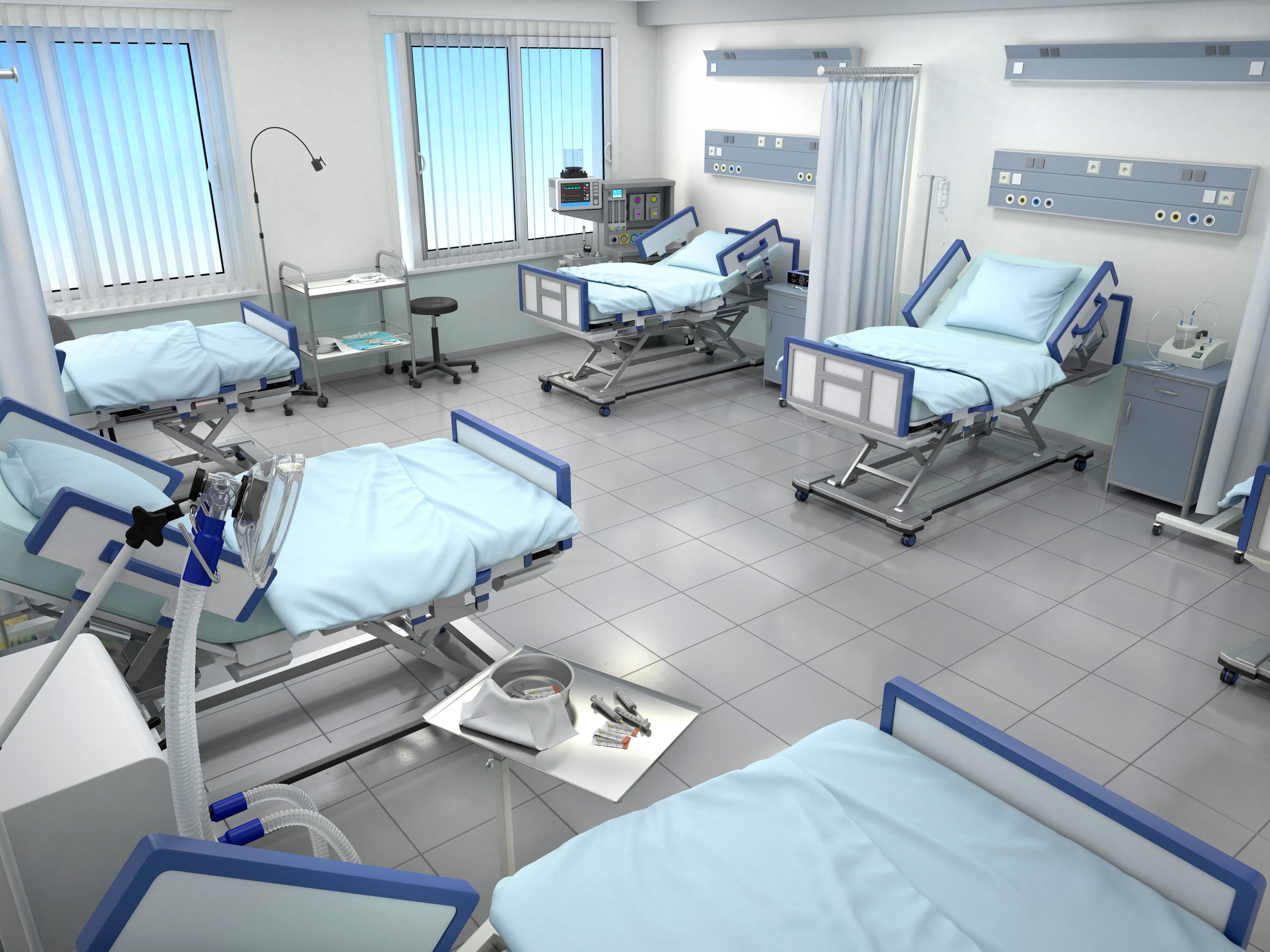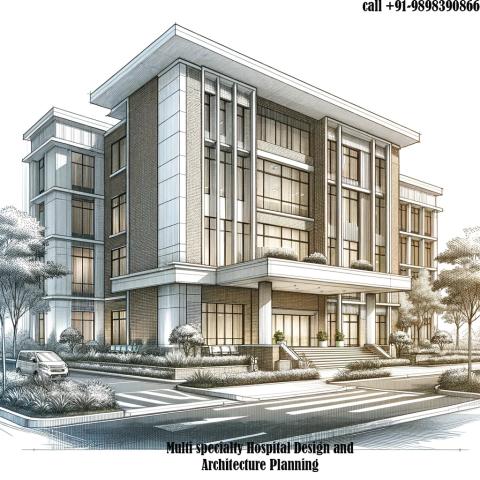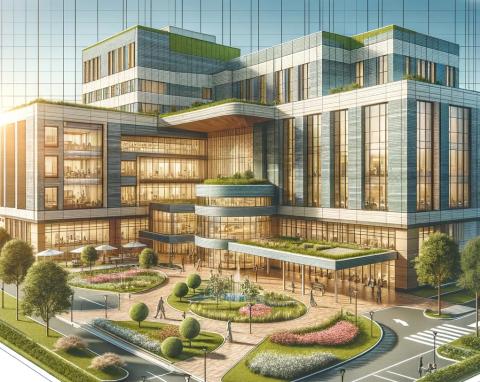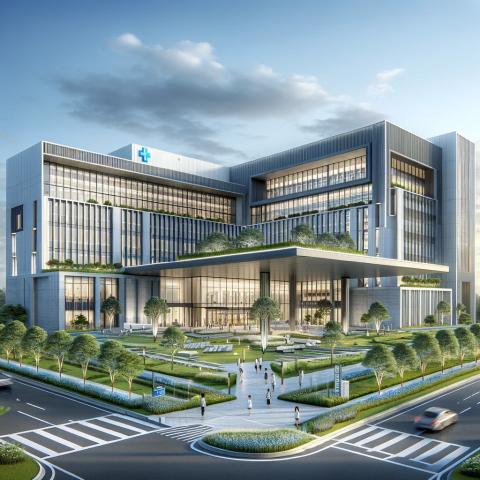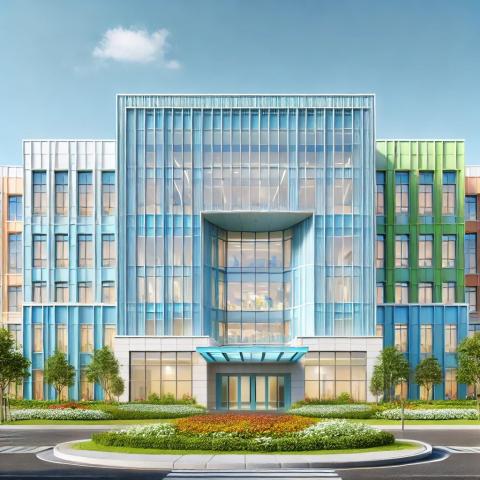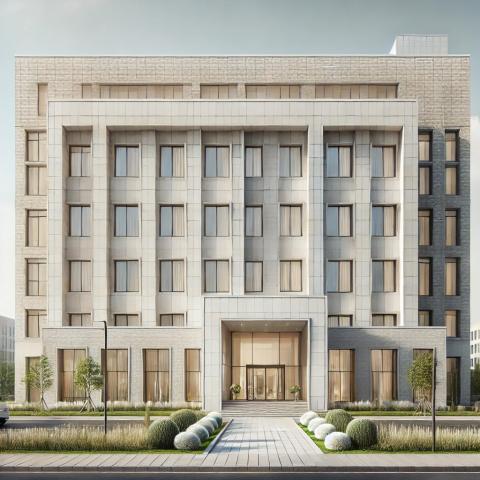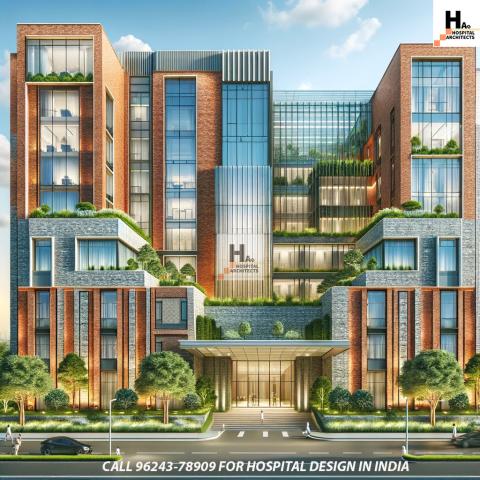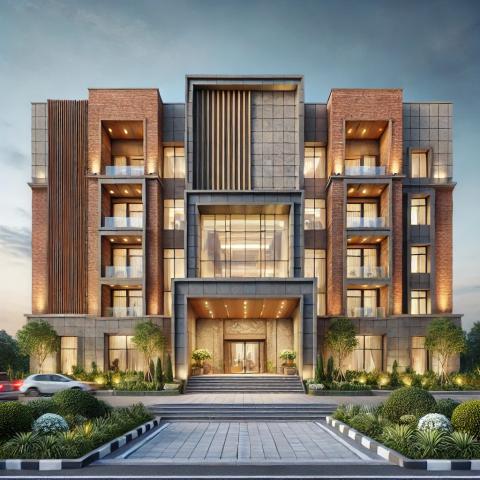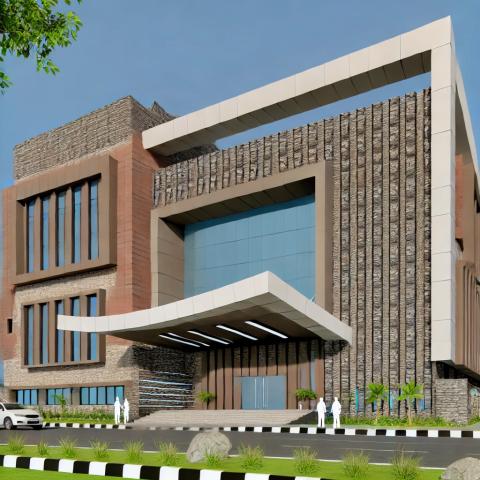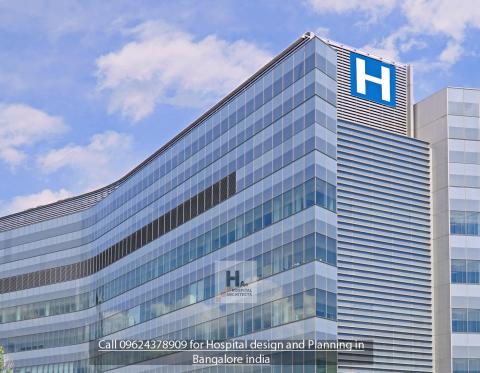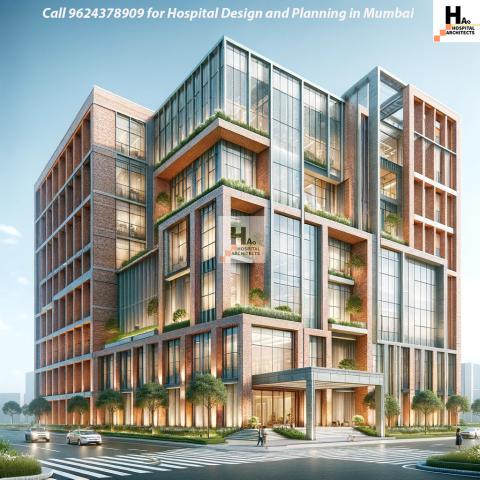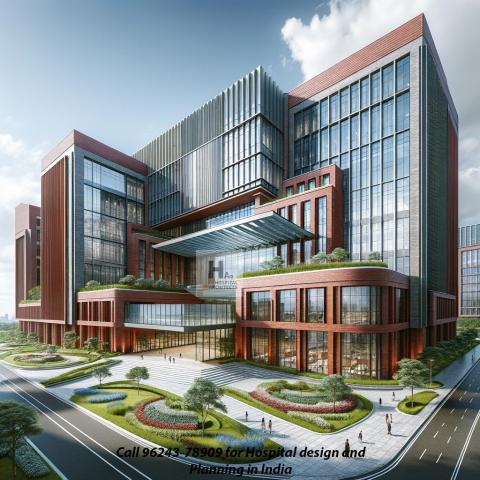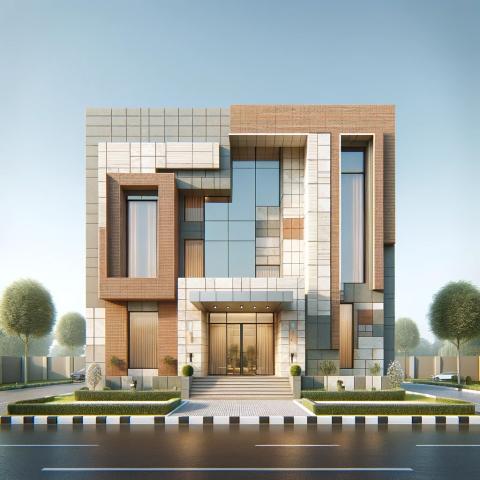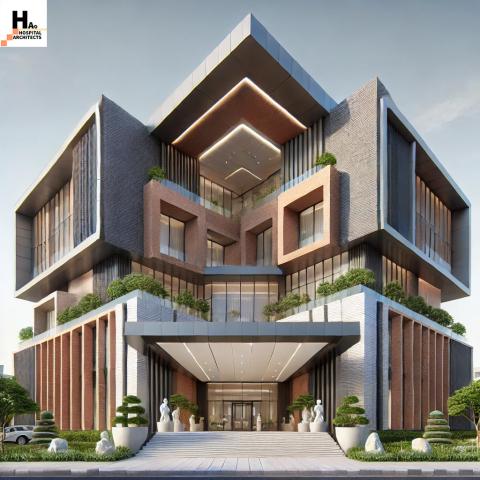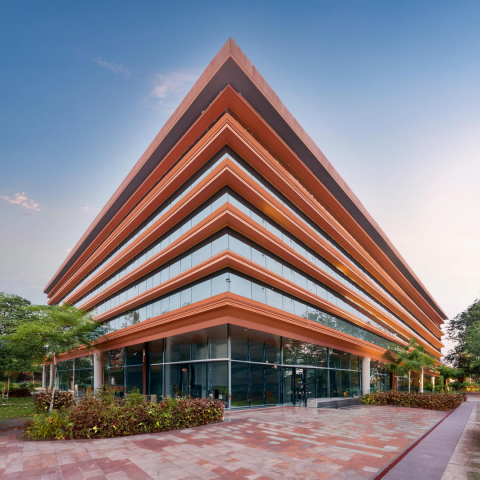Hospital Design: Creating Healing Environments for the Future
Hospital design is a critical aspect of healthcare infrastructure, combining architecture, technology, and patient care to create environments that promote healing, enhance efficiency, and support the well-being of patients and healthcare providers alike. In the evolving landscape of healthcare, the design of hospital buildings goes beyond mere aesthetics; it plays a pivotal role in the delivery of care, patient outcomes, and the overall healthcare experience.
Hospital Architects (HAD) stands as the premier choice for hospital project design across India, including major cities like Delhi, Mumbai, Chennai, Bangalore, and Nagpur. Renowned for our unparalleled expertise in healthcare architecture, HAD delivers innovative design solutions that merge functionality with aesthetics, creating healing environments that cater to the needs of patients, staff, and visitors alike. Our projects embody the essence of modern healthcare facilities, emphasizing patient safety, operational efficiency, and sustainability. With a proven track record of successful projects all over India, HAD's approach is deeply rooted in understanding the unique challenges and opportunities presented by each locale, ensuring that every project not only meets but exceeds the expectations of our clients and their communities. Choosing HAD means partnering with a firm that is dedicated to redefining healthcare spaces, making us the ultimate choice for your hospital design needs across the nation.
The Core Principles of Hospital Design
Patient-Centered Approach: Modern hospital design prioritizes the patient experience, focusing on creating spaces that are not only functional but also comforting and stress-reducing. This involves incorporating natural light, green spaces, and elements that reduce noise, as well as designing patient rooms that offer privacy and dignity.
Flexibility and Scalability: The rapid advancements in medical technology and the fluctuating demands on healthcare services require hospital designs to be flexible and scalable. Spaces must be adaptable to accommodate new technologies, treatment methodologies, and an increasing variety of outpatient services without significant disruptions.
Sustainability and Efficiency: Sustainable design practices are becoming increasingly important in reducing the environmental footprint of healthcare facilities. Energy-efficient systems, sustainable materials, and designs that optimize water use not only contribute to a healthier planet but also reduce operational costs.
Integration of Technology: The integration of technology into hospital design is essential for improving healthcare delivery. This includes telehealth facilities, electronic health records, and advanced diagnostic and treatment equipment. Technology integration facilitates better patient care, enhances data management, and supports remote monitoring and consultations.
Key Considerations in Hospital Design
Healing Environment: Creating a healing environment involves designing spaces that support both physical and mental health recovery. Incorporating elements such as artwork, therapeutic gardens, and spaces for relaxation and social interaction can significantly impact patient recovery times and satisfaction.
Safety and Accessibility: Hospitals must be designed with the highest standards of safety and accessibility in mind. This includes ensuring easy navigation, minimizing infection risks through strategic design choices, and adhering to regulations that protect patients, staff, and visitors.
Operational Efficiency: The layout of a hospital should promote operational efficiency, reducing the time and effort required for daily tasks. This includes the strategic placement of departments, optimizing patient flow, and ensuring that critical services are easily accessible.
The Future of Hospital Design
The future of hospital design is an exciting frontier that promises to further integrate technological innovations, patient-centered care principles, and sustainability practices. Smart hospitals equipped with AI and IoT devices, designs that promote mental health, and flexible spaces that can quickly adapt to future healthcare needs are just the beginning.
As we move forward, the emphasis on creating environments that not only treat illness but also promote overall well-being will continue to shape the evolution of hospital design. The goal is clear: to build healthcare facilities that are not just places for healing, but also spaces that inspire, comfort, and uplift all who enter their doors.
In conclusion, hospital design is at the heart of modern healthcare, reflecting a commitment to improving patient care, supporting healthcare workers, and embracing innovation. As we continue to face new healthcare challenges, the principles and considerations of hospital design will remain crucial in shaping a healthier, more efficient, and more compassionate future.


